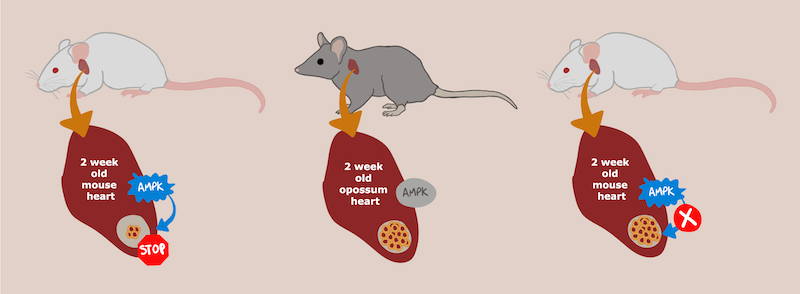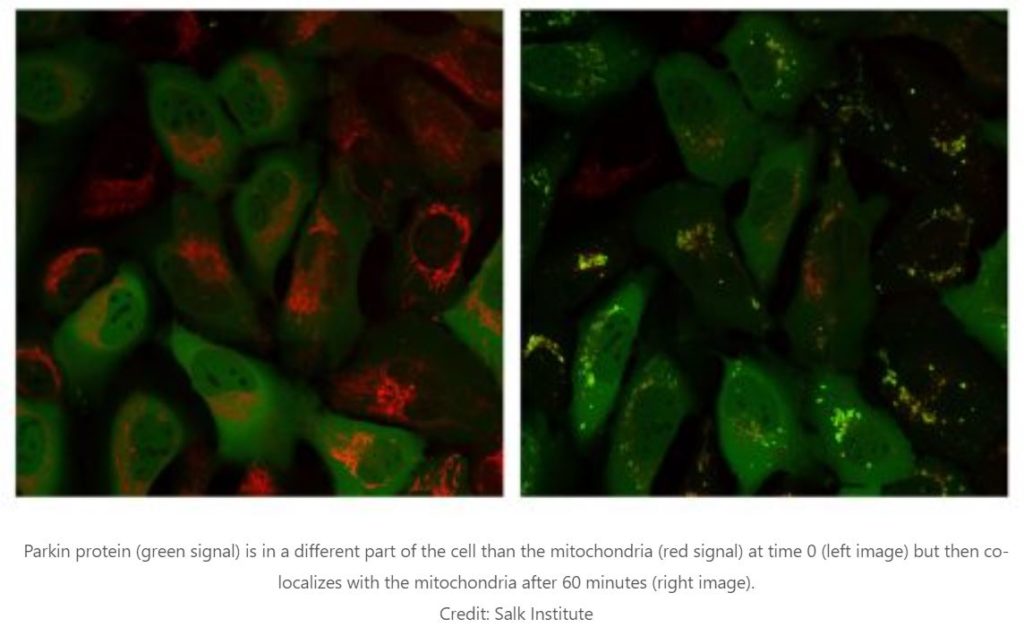
Eating lots of fats increases the risk of metabolic disorders, but the mechanisms behind the problem have not been well understood. Now, University of California, Irvine biologists have made a key finding about how to ward off harmful effects caused by a high-fat diet. Their study appears in Nature Communications.
The UC Irvine research centered on a protein complex called AMPK, which senses the body’s nutrition and takes action to keep it balanced. For example, if AMPK detects that glucose is low, it can boost lipid breakdown to produce energy in its place...
Read More









Recent Comments